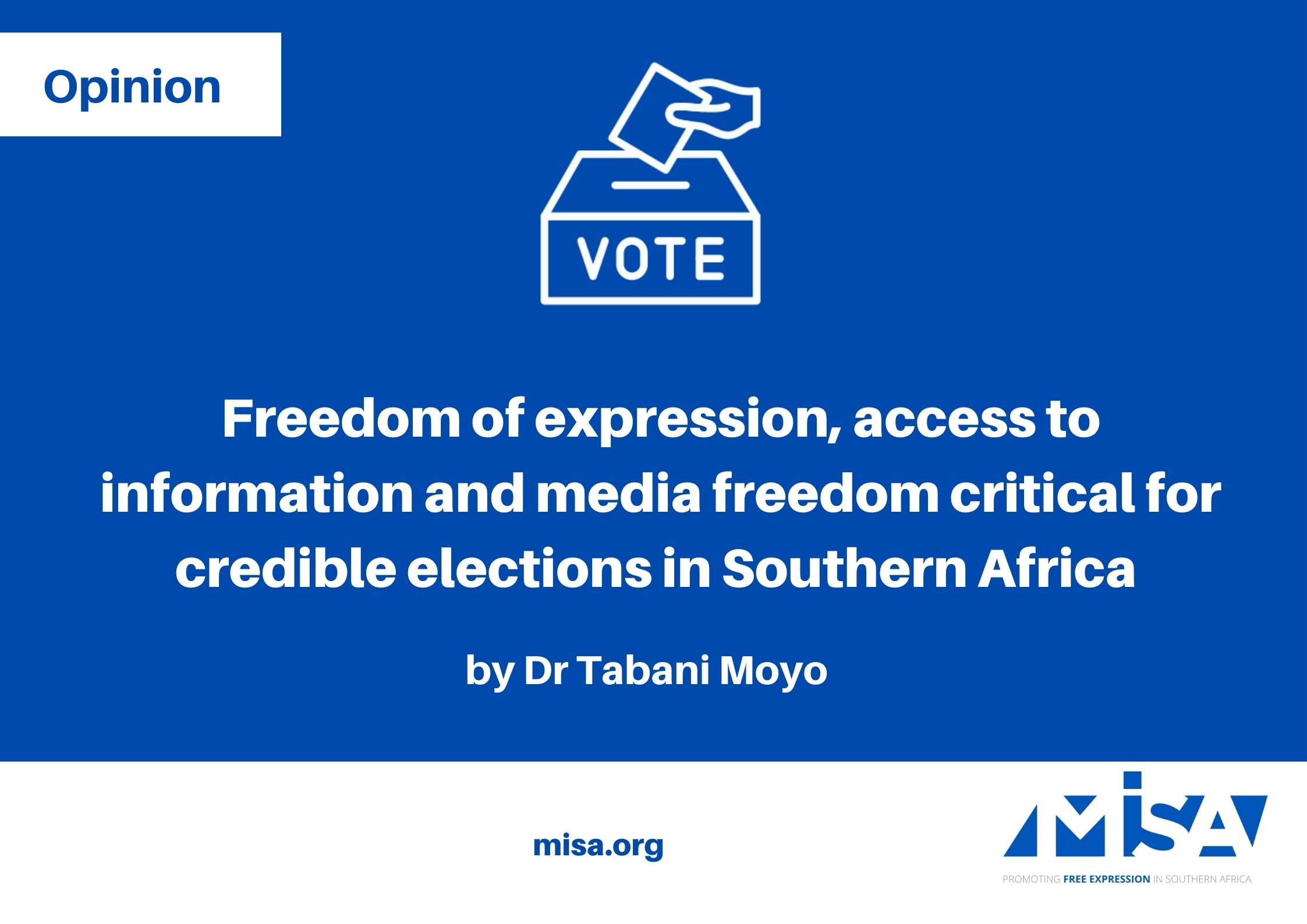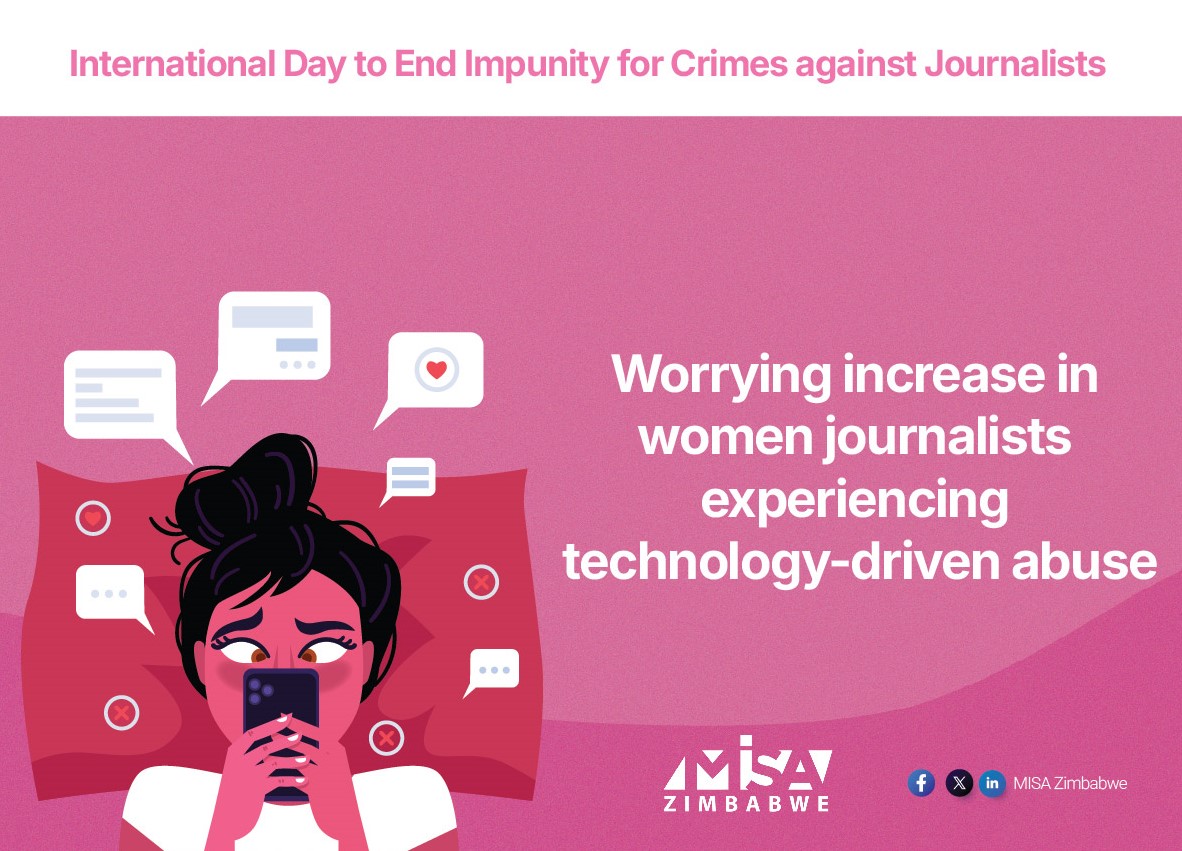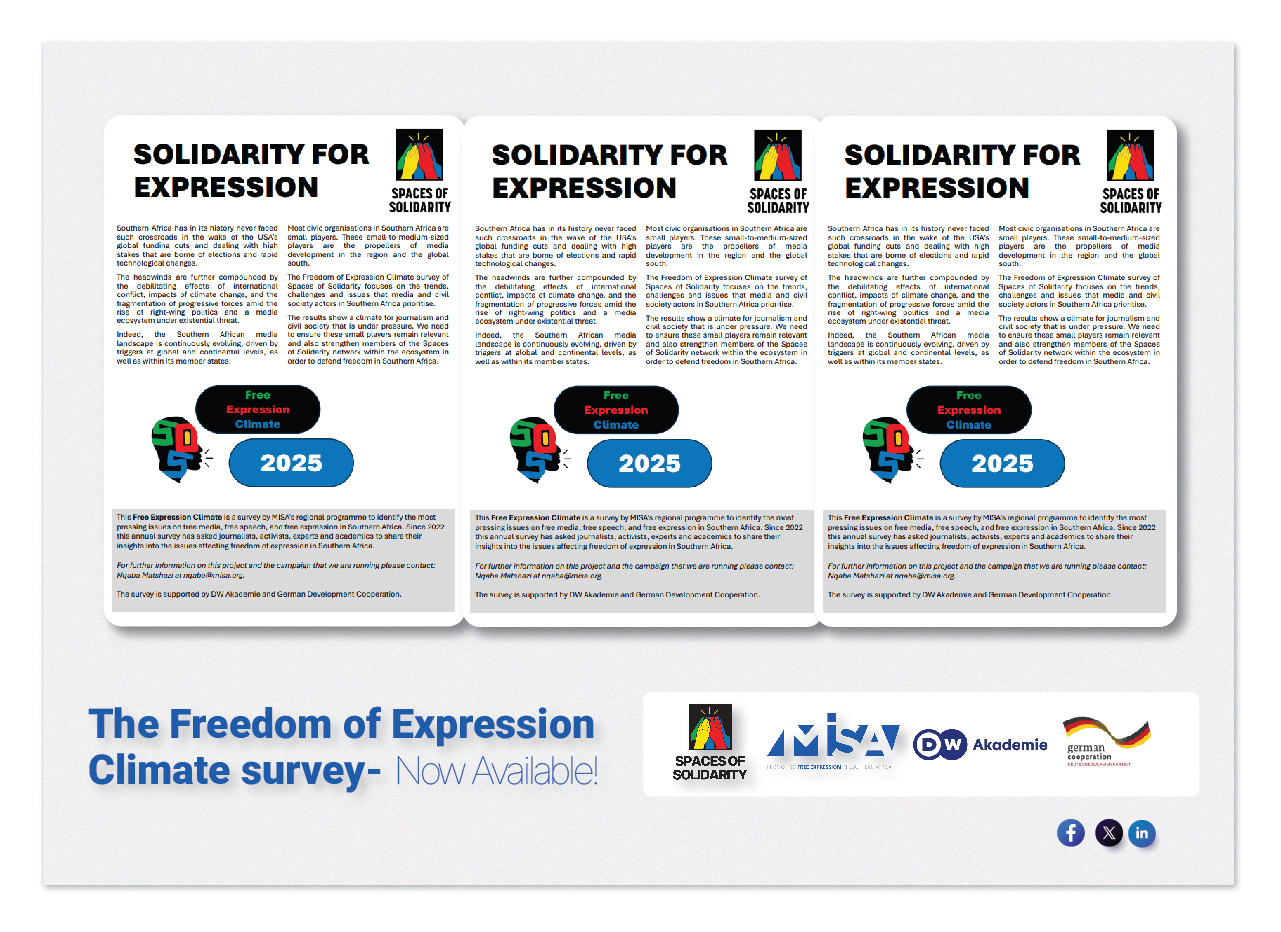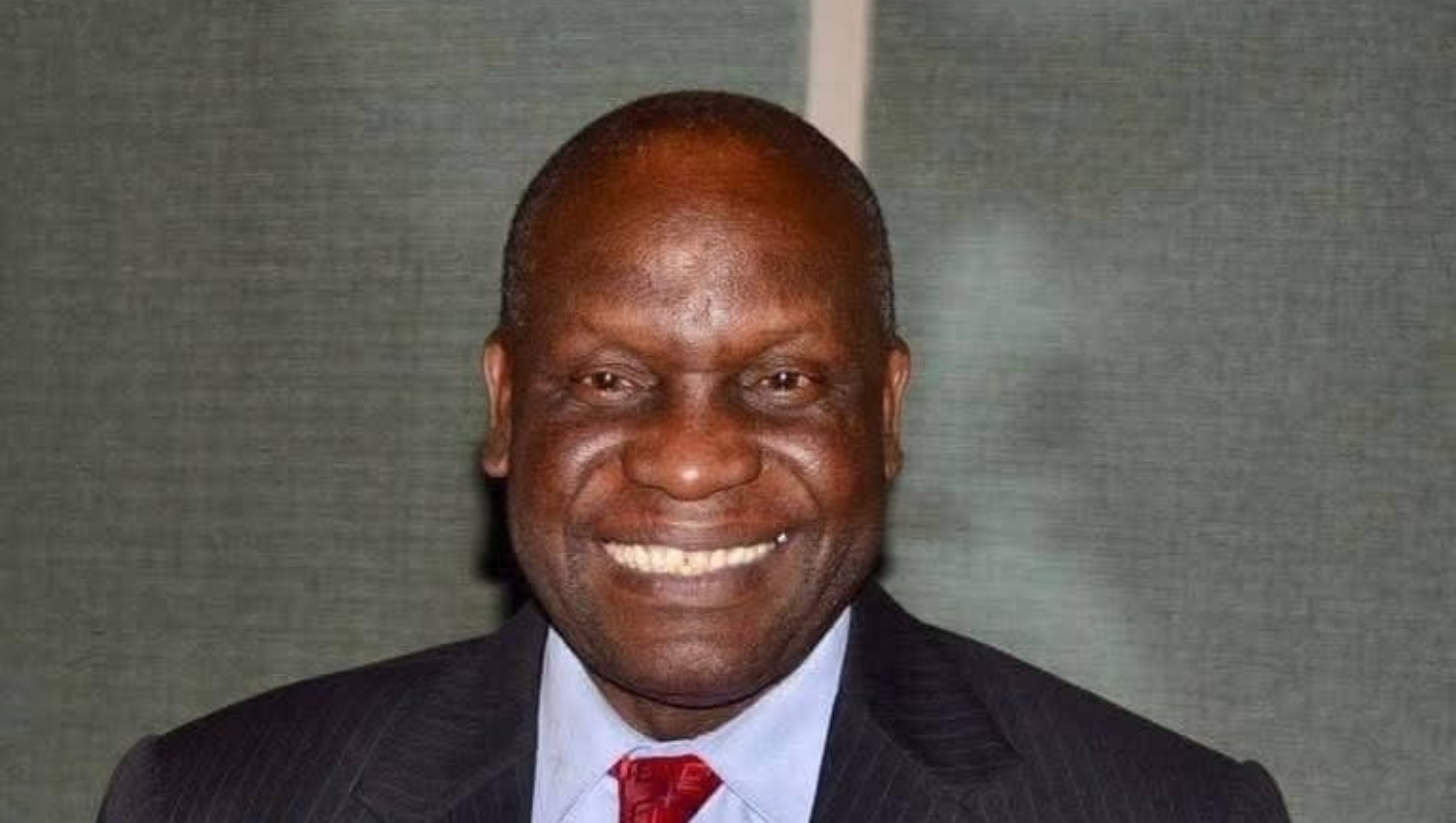By Tabani Moyo
Four Southern African Development Community (SADC) countries are scheduled for elections in 2023. The four are the Democratic Republic of Congo, Eswatini, Madagascar and Zimbabwe.
Eswatini stands out among the four nations, as the monarchy has gone awry.
Eswatini
The Kingdom stands out as one of the rogue countries that are intolerant to divergent views. The administration has been dominating the headlines at a global level for its heavy-handed response to citizen protests and petitions.
On 21 January 2023, prominent human rights defender and organiser Thulani Rudolf Maseko was assassinated in cold blood at his home in the presence of his family. The callous murder of the renowned lawyer received wide condemnation from the Southern Africa Development Community (SADC), African Union (AU), United Nations (UN), the diplomatic community and civil society from the region, continent and globally, calling for the assailants to be held accountable.
In 2021, the monarchy responded heavy-handedly to protests by the pro-democracy movement in the country by firing live ammunition at unarmed protesters and assaulting and jailing civil society leaders.
This was followed by the government shutting down the internet twice in July and October, as the authorities hunted down the organisers in the darkness of the shutdowns.
The elections this year, coming on the backdrop of the assassination of the human rights defender, crackdowns on protesters, and internet shutdowns, cast a very dark shadow on the monarchy’s ability to organise and discharge free, credible and transparent elections.
This is so because the right to expression, media freedom and access to credible information is foundational towards informed decision-making by citizens.
Democratic Republic of Congo
The country’s current regime came to power with promises of sweeping reforms. However, the media remains regulated by outdated laws, such as the press law that imposes jail sentences and heavy fines for journalists.
The country is also notorious for frequently switching off the internet, with the first shutdown being in 2011. This was to be followed by shutdowns in 2015, 2016 and 2021. This is a challenging development as DRC is one of the biggest countries in sub-Saharan Africa, where newspapers are concentrated in the capital city, Kinshasa, while only state-owned media covers the bulk of the country. In such a situation, access to the internet enhances citizens’ decision-making. In 2021, 110 violations against the media were recorded, including the murder of a community radio director, as documented by Reporters Without Borders in 2022.
Madagascar
There are minimal attacks on journalists in this country. However, some laws impact the practice of journalism, such as the communication law passed in 2016, which criminalises the publication of falsehoods.
Zimbabwe
Despite positive developments in media freedom and the right to free expression in Zimbabwe, the government seems to take two steps forward and five backward in fostering the enjoyment of these rights. Some positive developments in the sector include the repeal of the infamous Access to Information and Protection of Privacy Act (AIPPA) in 2020 through the enactment of the progressive Freedom of Information Act (FOIA).
The move by the government to update the media through post-cabinet briefings is welcome as it increases access to information for the people of Zimbabwe.
In addition, the government licensed community radio stations for the first time in the country’s more than four-decade post-independence existence.
However, moves by the government to introduce the highly discredited Private Voluntary Organisations (PVO) Amendment Bill, which is seen as targeting dissenting voices in civil society; the amendment of the Criminal Law (Codification and Reform) Act to criminalise the engagement of embassies by locals without government approval; the enactment of the Cyber and Data Protection Act in addition to the repressive architecture of laws such as the Censorship Entertainment and Controls Act; the Interception of Communications Act; ZBC Commercialisation Act and the Broadcasting Services Act, among others, keeps denting the country’s global standing, and worse off during elections.
This is the season when the safety and security of journalists and media workers is an issue of grave concern. In the last general election in 2018, a total of 32 journalists, including local and international journalists, were at the receiving end of the attacks, assaults, harassment, and detentions.
Further, Zimbabwe has been one of the countries that fell into the hall of shame of being among the countries that shut down the internet. In 2016, the administration throttled the net during protests and shut down access to the platform for a week.
In 2019 in the face of national protests, it took MISA, in partnership with the Zimbabwe Lawyers for Human Rights (ZLHR), to end the week of internet shutdown darkness by challenging the government’s actions at the High Court.
2024 onwards
The electoral season will go into full swing in 2024, as a record seven countries are headed for one form of election or the other. The countries include Botswana, which is falling from being a shining beacon of hope to a repressive administration.
Madagascar is holding its second-round presidential election, while Malawi goes to the polls to elect constituency and local representatives.
Mauritius, Mozambique and South Africa will hold general elections for the presidential, constituency, and provincial representatives, while Namibia is scheduled to elect a new president.
Suffice it to point out that the Windhoek +30 Declaration – Information as a public good – is one of the most relevant instruments by Africa and for Africa in providing direction on the need for citizens to access information with minimum state and big tech interruptions.
This instrument, read together with the revised African Charter on Human and Peoples’ Rights (ACHPR) Declaration on the Principles of Freedom of Expression and Access to Information, are fundamental as the declaration provides for the internet as a basic human right.
This, therefore, brings to the fore the need for citizens of the region to be able to access information that is accurate and verified at all times, as we are in a season that requires credible information for informed decision-making.
This is particularly so in this period of information and misinformation disorders. This is further made complex with the deployment of Artificial Intelligence that is not localised and unable to pick misinformation that is spread through vernacular languages and pointing to the need for decolonising the development of AI in favour of an AI regime that anchors on indigenous knowledge systems.
A worrying trend in the region in this age of misinformation and disinformation is that a SADC Heads of Government meeting in Maputo in August 2020 resolved to take “pre-emptive measures against external interference, the impact of fake news and abuse of social media, particularly in electoral processes”.
In the wake of the resolution, there seems to be a dangerous regional consensus to crack down on free expression online. Several Southern African countries have since begun or accelerated cyber security law-making, which we find somewhat problematic, as the proposed legislation has a chilling effect on freedom of expression and of the media in Southern Africa.
To illustrate this, countries such as Botswana, Eswatini, Tanzania, Malawi, Zambia and Zimbabwe have already passed cyber security and cybercrime laws, while Namibia, Mozambique and Lesotho are in the process of crafting legislation on cybersecurity and cybercrime.
There is a need for countries in the SADC region to adopt a Human Rights-Based Approach in this regard.
Such an approach will ensure that enacted or proposed legislation takes into account the urgent need to balance cybersecurity needs with the need to protect and promote the fundamental right to privacy.
SADC member states should further ensure that the enacted and proposed domestic laws are aligned with the African Union (AU) Convention on Cyber Security and Personal Data Protection and the ACHPR’s Revised Declaration on Principles of Freedom of Expression and Access to Information.
Closely linked to this is the problematic issue of mass surveillance during elections.
In February 2021, Citizen Lab, a Toronto-based research organisation, conducted research on the use of spyware. It detected that seven African countries were using the Circles spyware to snoop on citizens’ communications.
Zimbabwe, Zambia and Botswana are among the seven African countries from the SADC region that were reportedly using this spyware.
The number of countries and scale of surveillance is likely to increase in the election season due to the growing dominance of China in the region.
In addition, a dangerous trend in the form of restricting or shutting down civic organisations is gaining ground, starting with Uganda in East Africa, while Zimbabwe is in the process of crafting a law to empower the government to shut down civil society organisations that are performing checks and balances on officialdom during and after elections.
This is in addition to the arrests, assaults, detention, and abductions of civic actors in the region. Malawi has already passed the law, just as Tanzania did. Zimbabwe is at the tail end of the process, while Mozambique is in the initial stages. In 2023, with elections looming large, civic space is bound to shrink further.
Given the foregoing, the following minimum conditions must prevail before the elections are held in the five SADC countries:
- As it is their constitutionally protected right to media freedom, the AU/SADC should impress on the governments of Eswatini, DRC, Madagascar and Zimbabwe to ensure that journalists covering the elections execute their legal professional tasks without interference.
- The respective governments should direct the police to take action against heinous acts of lawlessness, which put the lives of journalists, media professionals, and their families at serious risk.
- Political party leaders should remind their supporters that their actions seriously infringe on both peoples’ and journalists’ fundamental rights to freedom of the press and access to information.
- Political leaders should exercise caution when making statements that can provoke and excite their supporters into using force (against journalists), and thus ruining the reputations of their respective parties and their nations.
- When it comes to political parties and citizens’ equal and equitable access to the state media, the AU/SADC should demand that electoral authorities uphold the SADC Principles and Guidelines Governing Democratic Elections.
- Newspapers should be permitted to circulate and be freely distributed throughout the different nations since they are essential to citizens’ access to information and their ability to make educated election-related decisions.
- The internet should be protected from wanton throttling or shutdowns, as it provides critical information for citizens and the media to make informed decisions during and after elections.
- United Nations, working with the AU and SADC, should set a high benchmark for member states guiding the regulation of civic actors in the region and globally to push back the structured targeting of CSOs.
- The AU must mobilise member states to develop a common position on Big Tech to invest in the localisation and decoloniality of the development of the same through anchoring it on indigenous knowledge systems.
Dr Tabani Moyo doubles as the Regional Director for MISA Regional Secretariat & National Director for MISA Zimbabwe. He can be contacted at tabani@misa.org or visit www.misa.org













